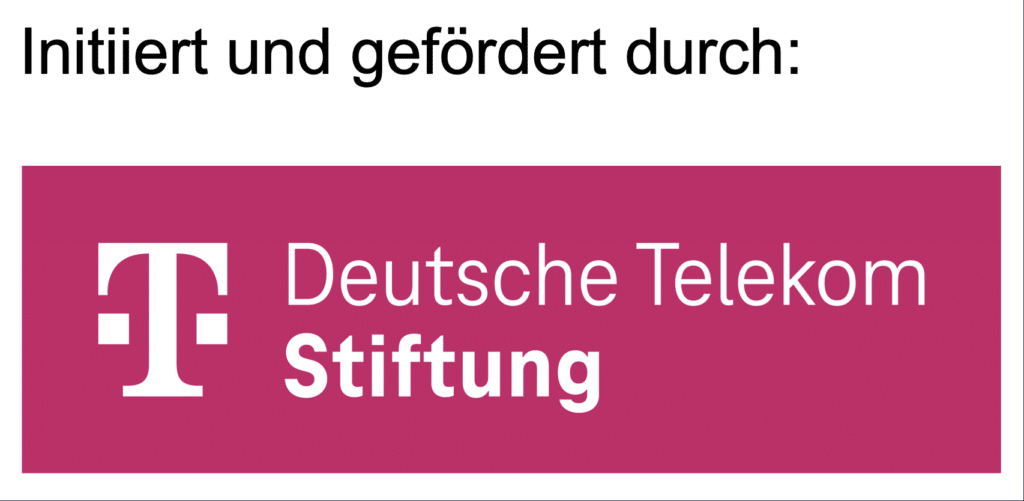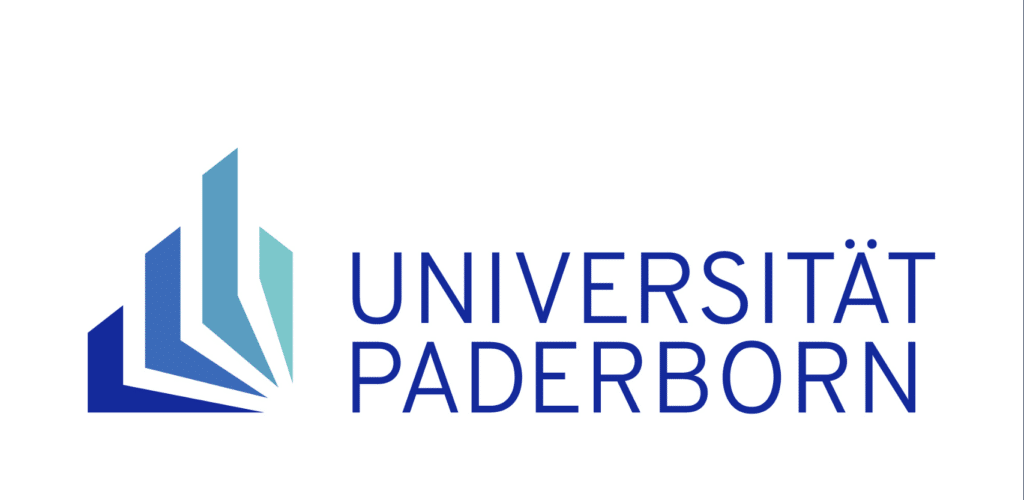Abstract
Teaching recommendations for implementing data science at the introductory level include placing greater emphasis on predictive modelling. In contrast to how simple linear regression is introduced, suggested approaches include training and testing models with different data sets, validation through residual analysis and predictive accuracy, and targeting concepts such as overfitting, underfitting, and generalisability. As part of a design-based research study, I developed a web-based task to introduce learners to predictive modelling and online databases (APIs), which was then implemented with six high school statistics teachers. The findings of this research were then used to inform the design and implementation of an informal approach for introducing predictive modelling to students in a very large introductory statistics course (n ≈ 2200 per semester) at the University of Auckland | Waipapa Taumata Rau. In this talk, I will describe and illustrate the development of the learning progression for introducing a data science perspective on predictive modelling, demonstrate some of the tasks and data technologies we use, and discuss the opportunities and challenges of establishing and sustaining connections between research and practice.
Anna Fergusson

Anna Fergusson is passionate about teaching, data technologies, and developing ways to introduce people to learning statistics and data science that are inclusive, engaging, accessible, effective and fun. She has over 20 years teaching experience, 12 years at the high school level and nearly 10 years at the university level, and is well-respected as an innovative educator and curriculum designer. Anna has worked with the New Zealand Ministry of Education and the New Zealand Qualifications Authority on the development of national curriculum frameworks, assessment standards, examination papers, project-based tasks, and teaching resources for statistics. At the university level, she has led several statistics and data science curriculum design projects, including the rewrite of the very large introductory-level statistics course (over 4000 students per year). Anna completed her PhD in 2022, with a thesis focused on task design for introducing computer programming as part of data science at the high school level. She supports and advances her teaching, research and data analysis activities by creating new software tools and educational technologies. Her research specialty is data science and statistics education, with a focus on technology-based and technology-informed pedagogy, including but not limited to: large-scale teaching and assessment practices and tools; introduction of computer programming for data science and associated design principles for tool and task design; tool-mediated development of statistical concepts and reasoning, such as graphical and visual inference; frameworks for observable integrated statistical and computational thinking practices.



